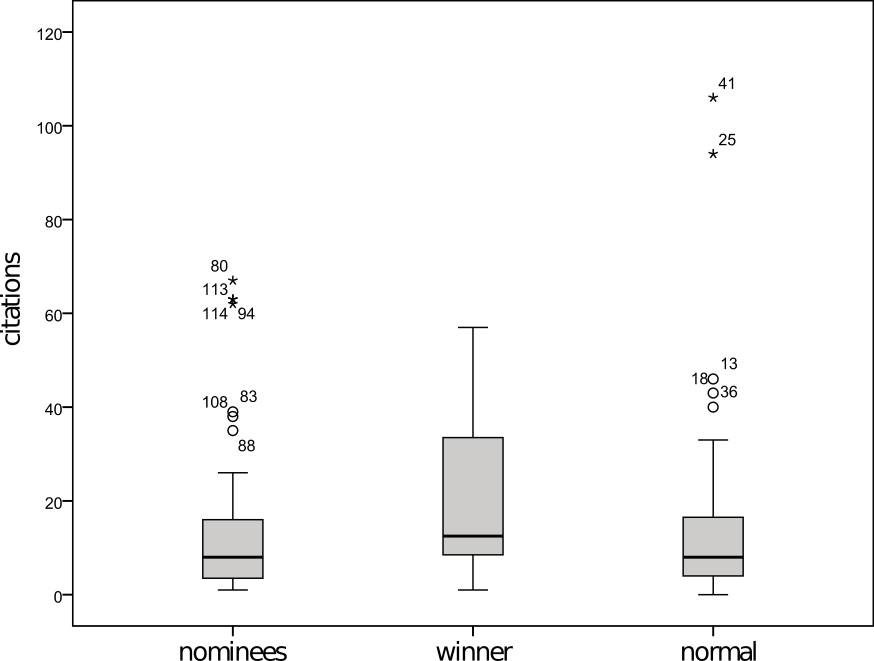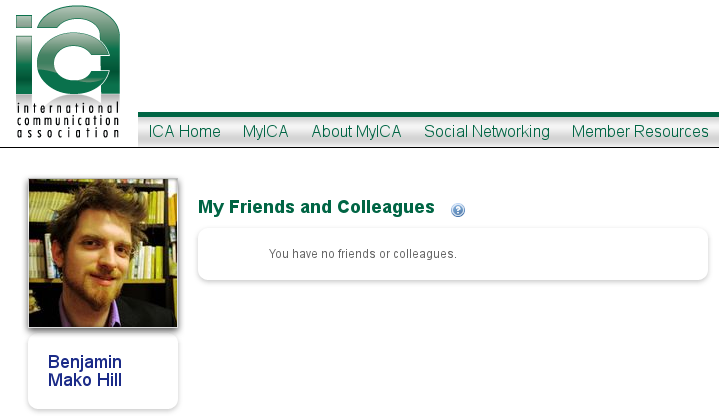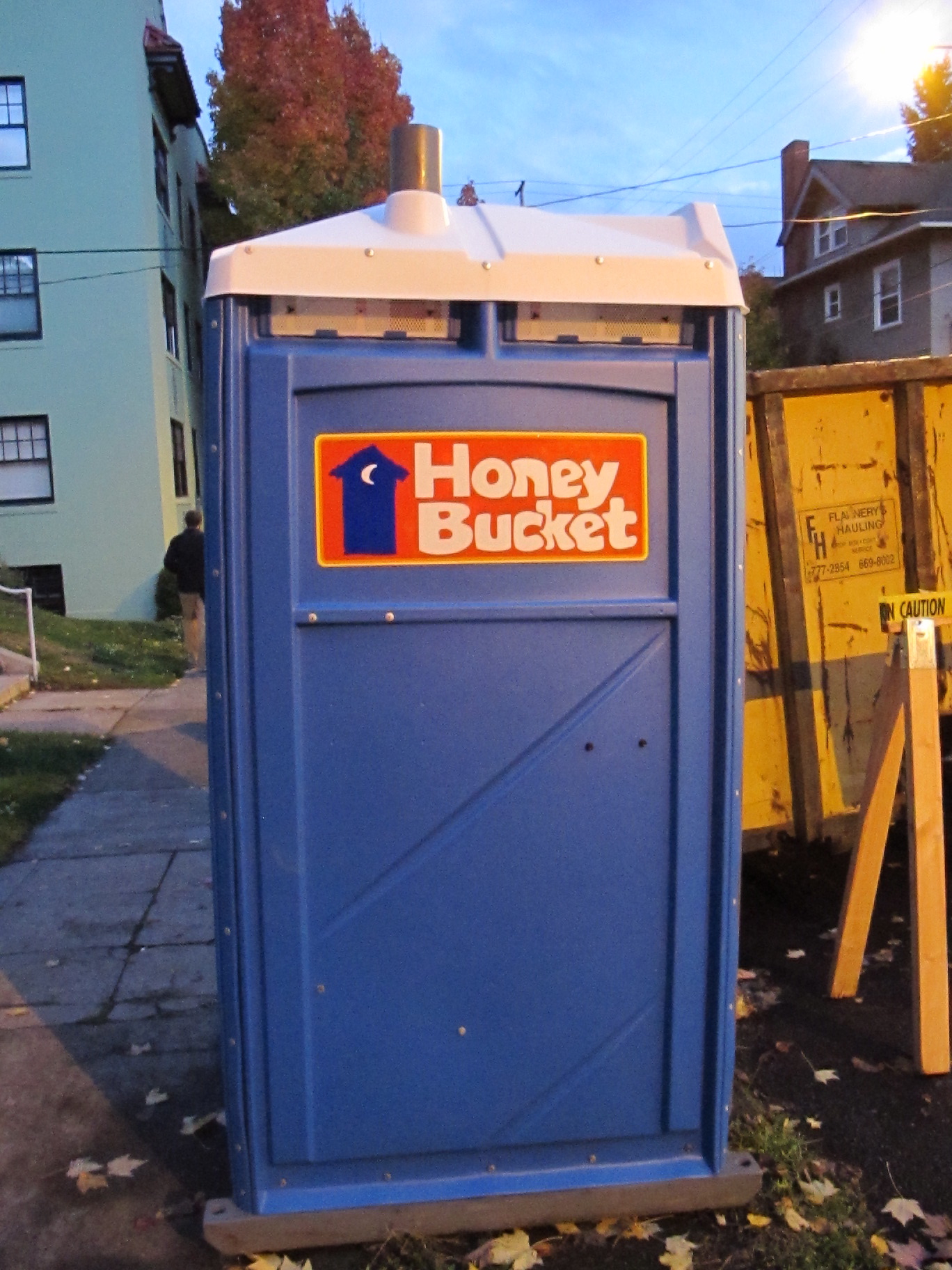My current playlist is this diorama of Lulu the Piggy channeling Tupac Shakur in a toy vending machine in the basement of New World Mall in Flushing Chinatown.

rebel with rather too many causes
My current playlist is this diorama of Lulu the Piggy channeling Tupac Shakur in a toy vending machine in the basement of New World Mall in Flushing Chinatown.

A concerned nutritional epidemiologist in Tokyo realizes that if you are what you eat, that means…

It’s a similar situation in Seoul, albeit with less oil and more confidence.

I realize that because I have several chairs, the phrase “my chair” is ambiguous. To reduce confusion, I will refer to the head of my academic department as “my office chair” going forward.

The Wikipedia article on antipopes can be pretty confusing! If you’d like to be even more confused, it can help with that!

I found what appears to be a “turtile” on the whiteboard in the Community Data Science lab at the University of Washington.
[See previous discussion for context.]
Mika and I recently spent two weeks biking home to Seattle from our year in Palo Alto. The route was ~1400 kilometers and took us past 10 volcanoes and 4 hot springs.

To my delight, the route also took us past at least 8 hairdressers with supposedly funny pun names! Plus two in Oakland on our way out.










As a result of this trip, I’ve now made 24 contributions to the Hairdressers with Supposedly Funny Pun Names Flickr group photo pool.
I’d like to use “sinonym” as another word for an immoral act. Or perhaps to refer to the Chinese name for something. Sadly, I think it might just be another word for another word.
I’ve heard a surprising “fact” repeated in the CHI and CSCW communities that receiving a best paper award at a conference is uncorrelated with future citations. Although it’s surprising and counterintuitive, it’s a nice thing to think about when you don’t get an award and its a nice thing to say to others when you do. I’ve thought it and said it myself.
It also seems to be untrue. When I tried to check the “fact” recently, I found a body of evidence that suggests that computing papers that receive best paper awards are, in fact, cited more often than papers that do not.
The source of the original “fact” seems to be a CHI 2009 study by Christoph Bartneck and Jun Hu titled “Scientometric Analysis of the CHI Proceedings.” Among many other things, the paper presents a null result for a test of a difference in the distribution of citations across best papers awardees, nominees, and a random sample of non-nominees.
Although the award analysis is only a small part of Bartneck and Hu’s paper, there have been at least two papers have have subsequently brought more attention, more data, and more sophisticated analyses to the question. In 2015, the question was asked by Jaques Wainer, Michael Eckmann, and Anderson Rocha in their paper “Peer-Selected ‘Best Papers’—Are They Really That ‘Good’?“
Wainer et al. build two datasets: one of papers from 12 computer science conferences with citation data from Scopus and another papers from 17 different conferences with citation data from Google Scholar. Because of parametric concerns, Wainer et al. used a non-parametric rank-based technique to compare awardees to non-awardees. Wainer et al. summarize their results as follows:
The probability that a best paper will receive more citations than a non best paper is 0.72 (95% CI = 0.66, 0.77) for the Scopus data, and 0.78 (95% CI = 0.74, 0.81) for the Scholar data. There are no significant changes in the probabilities for different years. Also, 51% of the best papers are among the top 10% most cited papers in each conference/year, and 64% of them are among the top 20% most cited.
The question was also recently explored in a different way by Danielle H. Lee in her paper on “Predictive power of conference‐related factors on citation rates of conference papers” published in June 2018.
Lee looked at 43,000 papers from 81 conferences and built a regression model to predict citations. Taking into an account a number of controls not considered in previous analyses, Lee finds that the marginal effect of receiving a best paper award on citations is positive, well-estimated, and large.
Why did Bartneck and Hu come to such a different conclusions than later work?

My first thought was that perhaps CHI is different than the rest of computing. However, when I looked at the data from Bartneck and Hu’s 2009 study—conveniently included as a figure in their original study—you can see that they did find a higher mean among the award recipients compared to both nominees and non-nominees. The entire distribution of citations among award winners appears to be pushed upwards. Although Bartneck and Hu found an effect, they did not find a statistically significant effect.
Given the more recent work by Wainer et al. and Lee, I’d be willing to venture that the original null finding was a function of the fact that citations is a very noisy measure—especially over a 2-5 post-publication period—and that the Bartneck and Hu dataset was small with only 12 awardees out of 152 papers total. This might have caused problems because the statistical test the authors used was an omnibus test for differences in a three-group sample that was imbalanced heavily toward the two groups (nominees and non-nominees) in which their appears to be little difference. My bet is that the paper’s conclusions on awards is simply an example of how a null effect is not evidence of a non-effect—especially in an underpowered dataset.
Of course, none of this means that award winning papers are better. Despite Wainer et al.’s claim that they are showing that award winning papers are “good,” none of the analyses presented can disentangle the signalling value of an award from differences in underlying paper quality. The packed rooms one routinely finds at best paper sessions at conferences suggest that at least some additional citations received by award winners might be caused by extra exposure caused by the awards themselves. In the future, perhaps people can say something along these lines instead of repeating the “fact” of the non-relationship.
Although it’s been decades since I last played, it’s still flashbacks to Super Mario Kart and pangs of irrational fear every time I see a banana peel in the road.
Was my festive shirt the model for the men’s room signs at Daniel K. Inouye International Airport in Honolulu? Did I see the sign on arrival and subconsciously decide to dress similarly when I returned to the airport to depart Hawaii?
Am I leading a double life as an actor in several critically acclaimed television series?
I ask because I was recently accused of being Paul Sparks—the actor who played gangster Mickey Doyle on Boardwalk Empire and writer Thomas Yates in the Netflix version of House of Cards. My accuser reacted to my protestations with incredulity. Confronted with the evidence, I’m a little incredulous myself.
Previous lookalikes are here.
 Although it’s never fun to have the most important professional association in your field tell you that “you have no friends or colleagues,” being able to make one’s very first submission to screenshots of despair softens the blow a little.
Although it’s never fun to have the most important professional association in your field tell you that “you have no friends or colleagues,” being able to make one’s very first submission to screenshots of despair softens the blow a little.
What does the “maker movement” think of the song “Maker” by Fink?
Is it an accidental anthem or just unfortunate evidence of the semantic ambiguity around an overloaded term?
When I was growing up in Washington state, a company called Honey Bucket held a dominant position in the local portable toilet market. Their toilets are still a common sight in the American West.

They were so widespread when I was a child that I didn’t know that “Honey Bucket” was the name of a company at all until I moved to Massachusetts for college. I thought “honey bucket” was just the generic term for toilets that could be moved from place-to-place!
So for the first five years that I lived in Massachusetts, I continued to call all portable toilets “honey buckets.”
Until somebody asked me why I called them that—five years after moving!—all my friends in Massachusetts thought that “honey bucket” was just a personal, idiosyncratic, and somewhat gross, euphemism.